The Council on Criminal Justice Task Force on Long Sentences examined how long prison terms affect public safety, crime victims and survivors, incarcerated individuals and their families, communities, and correctional staff and developed recommendations to strengthen public safety and advance justice.
Guided by research and data, and informed by the experiences of victims and survivors of violent crimes and those who have been incarcerated, the Task Force assessed the drivers of growth in the number of people sentenced to 10 years or more and the impact of such sentences on racial, ethnic, and gender disparities in the prison system. It also considered ways to improve the post-release success of people serving long prison terms, most of whom return to the community.
The Task Force was co-chaired by former U.S. Deputy Attorney General Sally Yates, who was also U.S. Attorney for the Northern District of Georgia, and Trey Gowdy, a long-time federal and state prosecutor who served four terms in the House of Representatives. They were joined by 14 other members representing a broad range of experience and perspectives, including crime victims and survivors, formerly incarcerated people, prosecutors, defense attorneys, law enforcement, courts, and corrections.
Task Force Recommendations

In its final report, the Task Force on Long Sentences presents 14 recommendations to enhance judicial discretion in sentencing, promote individual and system accountability, reduce racial and ethnic disparities, better serve victims of crime, and increase public safety.
Task Force Publications
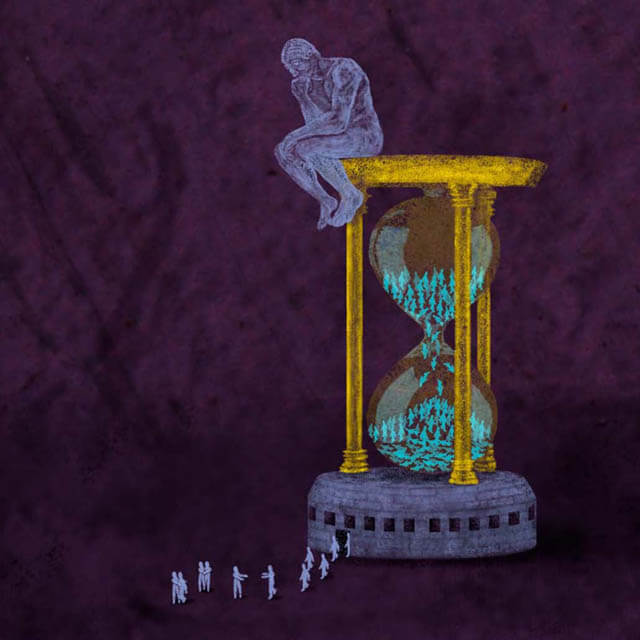
Long Sentences by the Numbers
Who serves long sentences in the U.S.? This series of charts and analyses provided the foundation for the Task Force’s deliberations.

How Back-End Factors Affect Time Served
How do laws and administrative rules governing prison release and the awarding of sentence credits affect time served? New research shows the impact can be significant, and varies widely by state.
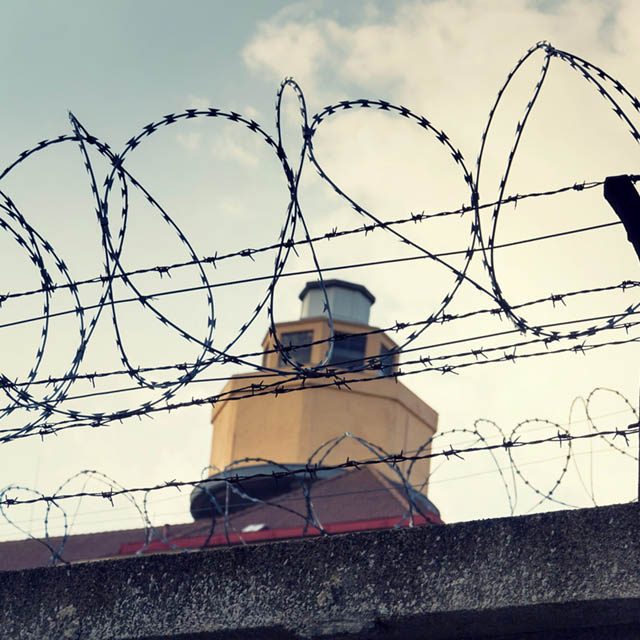
The Impact of Long Sentences on Public Safety
While there is a rich body of research on the relationship between incarceration and crime, much less is known about how prison sentences of 10 years or more affect public safety. The relationship is complex.

Long Sentences: An International Comparison
The use of long prison sentences has increased globally in recent decades, but the U.S. is an outlier among nations in the extent to which it imposes them.

Reflections on Long Prison Sentences
What do crime victims, formerly incarcerated people, and family members have to say about the purpose and impacts of long prison sentences? We asked them.

The Public Safety Impact of Shortening Lengthy Prison Terms
New research indicates that modest reductions in long prison sentences in Illinois would result in few additional arrests. The analysis for the task force examined arrest histories of people who served an average of 19 years behind bars to evaluate the public safety impact of shortening prison stays.

Long Sentences, Better Outcomes: Opportunities to Improve Prison Programming
Few prison programs target the unique needs of people serving sentences of 10 years or more. Those that do have not been rigorously evaluated for their effectiveness in promoting institutional safety or reducing recidivism.

The Relationship Between Sentence Length, Time Served, and State Prison Population Levels
Do people who receive the same sentence in court spend the same amount of time in prison? New research indicates that factors that vary by state, such as discretionary parole release and sentence credit discounts, have more impact on time served than the judicial sentence.
task force Members

Trey Gowdy (Co-Chair)
Former U.S. Representative, South Carolina 4th District

Sally Yates (Co-Chair)
Former U.S. Deputy Attorney General
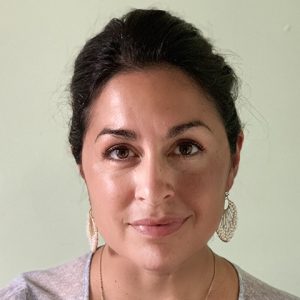
Kathryn Bocanegra
Assistant Professor University of Illinois Chicago
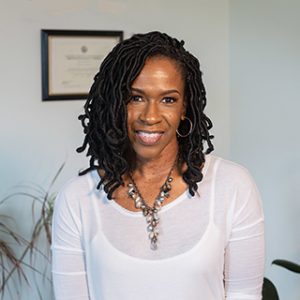
Lisa D. Daniels
Founder, Darren B. Easterling Center for Restorative Practices

Angela Davis
Professor, American University, Washington College of Law

Amy Fettig
Executive Director, The Sentencing Project

April Grayson
Statewide Coordinator, Young Women's Freedom Center, Sister Warrior's Freedom Coalition

Timothy Head
Executive Director, Faith and Freedom Coalition
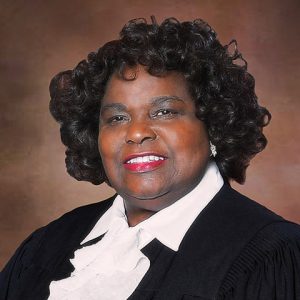
Bernette Joshua Johnson
Chief Justice (ret.), Louisiana Supreme Court

Paul Larkin
Senior Legal Fellow, Edwin Meese III Institute for the Rule of Law, Advancing American Freedom
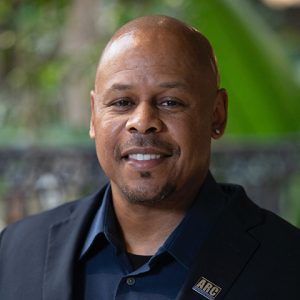
Sam Lewis
Executive Director, Anti-Recidivism Coalition

Chiquisha Robinson
Deputy Chief, Prisoner and Reentry Legal Services, Public Defender Service for the District of Columbia
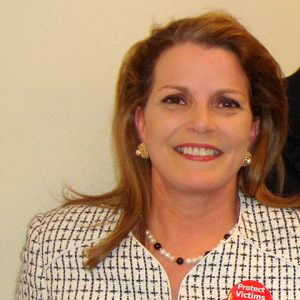
Anne Seymour
National Victim/Survivor Advocate
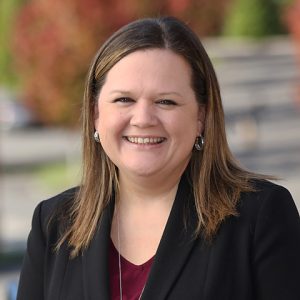
Tarra Simmons
State Representative, Washington State Legislature

Bryan Stirling
Director, South Carolina Department of Corrections
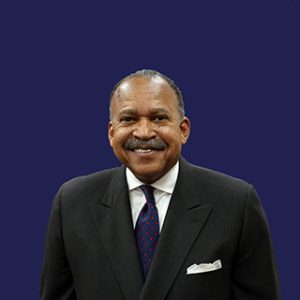
Benjamin Tucker
First Deputy Commissioner (Ret.), New York Police Department
TAsk Force Meetings
The Task Force met on a monthly basis to assess the drivers of growth in the number of people serving long prison terms and how such sentences affect public safety, crime victims and survivors, and incarcerated individuals and their families. Task Force members hear from the nation’s top experts and researchers on the impacts of long sentences. The summaries below outline the research presented at each meeting.
Meetings #1 and #2: Introduction and Long Sentences by the Numbers
Meeting #3: Long Sentences and Responses to Violent Victimization
Meeting #4: Legislating Long Sentences
Meeting #5: Court Practices as Drivers of Growth in Long Sentences
Meeting #6: Public Safety Impacts of Long Sentences
Meeting #7: Levels of Determinacy
Meeting #8: Prison Conditions, Programs, and Reentry
Press Releases
About The Art
The banner design was created by an adult in custody designer in the Oregon Corrections Enterprises (OCE) Graphic Design program. The mission of OCE, in partnership with the Oregon Department of Corrections, is to promote public safety by providing adults in custody with work and training opportunities in a self-sustaining organization.
Supporters
Support for the Task Force comes from Arnold Ventures, the Ford Foundation, Southern Company Foundation, and Stand Together Trust, as well as #StartSmall, the John D. and Catherine T. MacArthur Foundation, and other CCJ general operating contributors.







